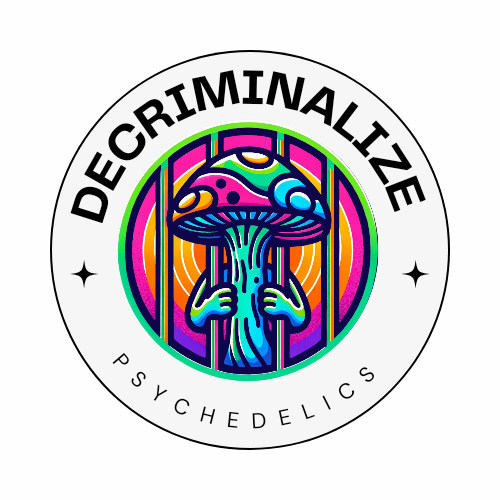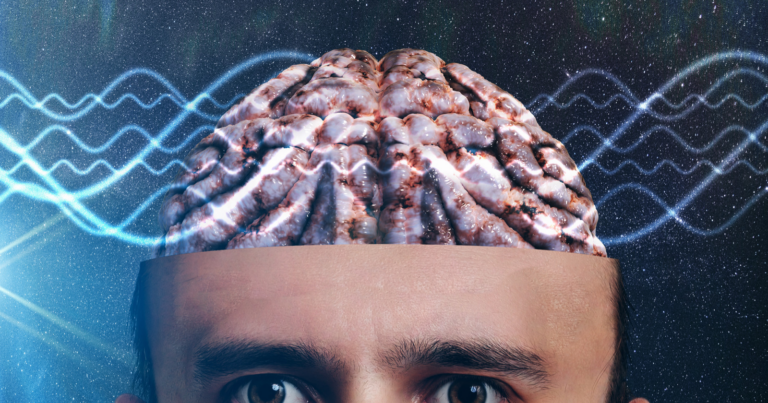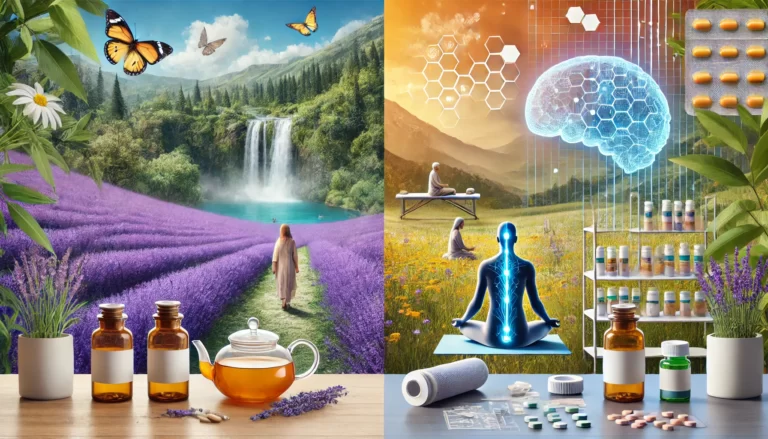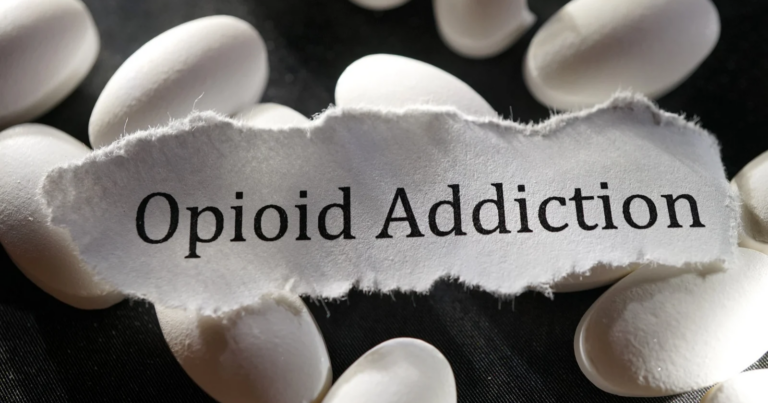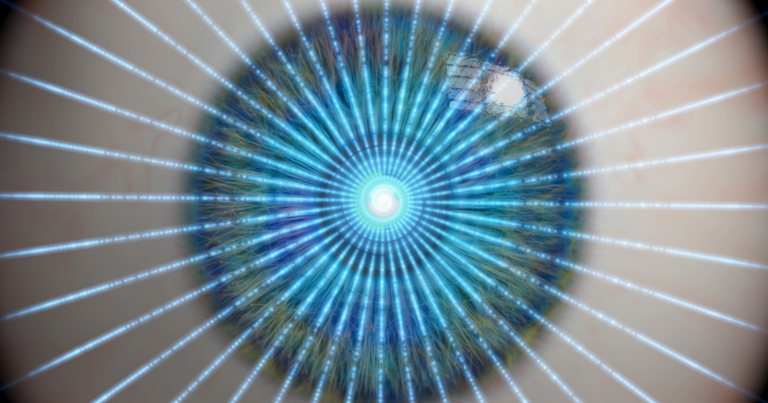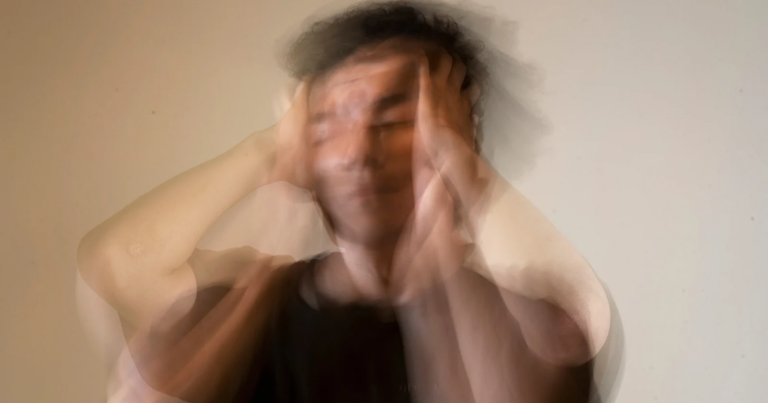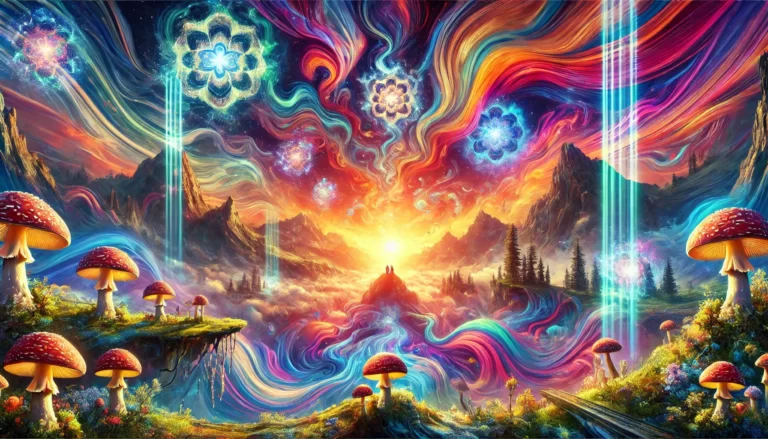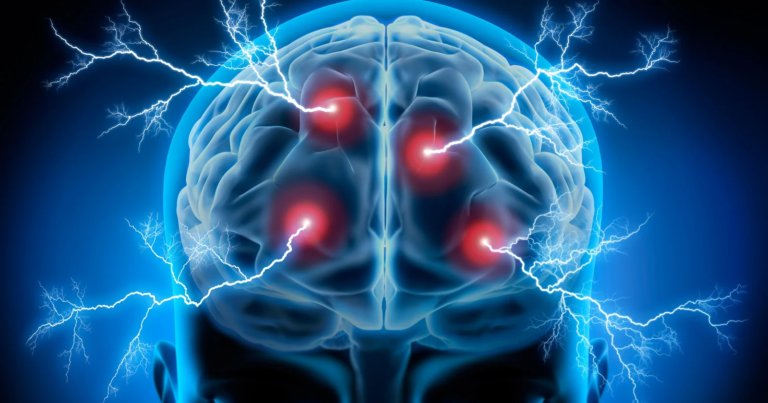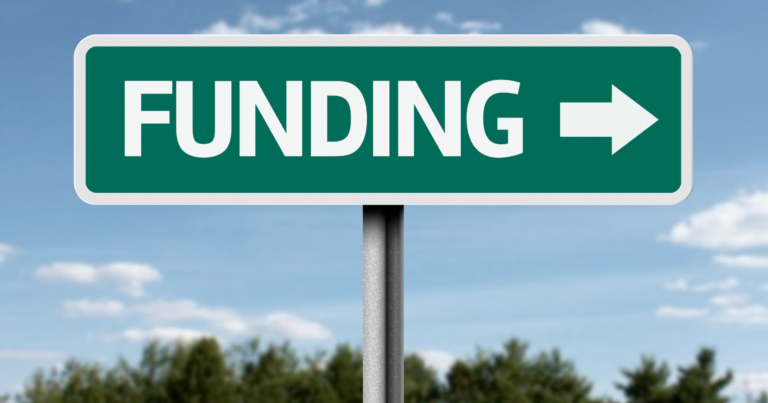The field of mental health treatment has witnessed a remarkable resurgence in the investigation of psychedelics, substances once relegated to the margins of serious scientific inquiry.
This renewed interest is fueled by compelling evidence suggesting that psychedelics, such as psilocybin and MDMA, hold significant potential for treating various mental health disorders, particularly depression.
Leading this charge is the Multidisciplinary Association for Psychedelic Studies (MAPS), a pioneering organization dedicated to the clinical study and application of psychedelic medicines.
Here, we delve into the latest breakthroughs in insights for depression, highlighting how these once-stigmatized substances are poised to revolutionize our approach to mental health treatment.
Understanding Depression: A Complex Mental Health Challenge
It’s crucial to grasp the complexity of depression.
Far more than just feeling sad, depression is a multifaceted mental health condition characterized by persistent feelings of sadness, hopelessness, and loss of interest or pleasure in daily activities.
It affects millions worldwide, contributing to significant disability and impaired quality of life.
Traditional treatments, such as antidepressant medications and psychotherapy, provide relief for some individuals but fall short for many others.
Breakthroughs in Psychedelic Studies for Depression
In recent years, psychedelics have emerged as a promising frontier in the quest for innovative depression treatments.
Once relegated to the fringes of scientific inquiry, psychedelics like psilocybin, MDMA, and ketamine have gained recognition for their potential to catalyze transformative healing experiences.
Clinical trials and observational studies have shown that these compounds can induce profound shifts in consciousness.
Not only this, they can promote emotional breakthroughs, and alleviate symptoms of depression, even in treatment-resistant cases.
Breakthrough Therapy designation
One of MAPS’ most notable contributions is their research into MDMA-assisted psychotherapy for PTSD, which has received Breakthrough Therapy designation from the U.S. Food and Drug Administration (FDA).
This designation expedites the development and review of drugs that show substantial improvement over existing treatments.
Inspired by this progress, MAPS is extending its research to explore MDMA’s benefits for depression.
Their ongoing studies into psilocybin therapy are uncovering its ability to facilitate profound emotional release and insight, which can be transformational for those suffering from depression.
Psilocybin-Assisted Therapy: Opening Doors to Healing
Psilocybin, the psychoactive compound found in “magic” mushrooms, has garnered considerable attention for its therapeutic effects on depression.
Recent research suggests that psilocybin-assisted therapy holds promise for individuals struggling with treatment-resistant depression.
By creating a conducive environment for introspection and emotional processing, psilocybin therapy allows participants to confront and navigate the root causes of their depressive symptoms.
Clinical trials have demonstrated significant reductions in depression severity and improvements in overall well-being following psilocybin-assisted therapy sessions.
MDMA-Assisted Therapy: Healing Trauma and Depression
Beyond psilocybin, MDMA (3,4-methylenedioxymethamphetamine) is one of the breakthroughs in psychedelic studies.
It has emerged as another promising tool in the treatment of depression. This is particularly in cases where trauma underlies the onset of depressive symptoms. MDMA-assisted therapy provides a unique opportunity for individuals to explore and resolve traumatic experiences under the guidance of trained therapists.
By enhancing feelings of empathy, trust, and emotional openness, MDMA therapy fosters a safe and supportive environment for healing and integration.
Preliminary studies have shown promising results in reducing symptoms of depression and improving overall psychological well-being.
Ketamine: A Rapid-Acting Antidepressant for Depression
While psilocybin and MDMA dominate headlines in psychedelic research, ketamine—a dissociative anesthetic with psychedelic properties—remains a frontrunner in the treatment of depression.
Unlike traditional antidepressants, which may take weeks to alleviate symptoms, ketamine produces rapid and robust antidepressant effects, often within hours of administration.
Ketamine’s unique mechanism of action, which involves modulating glutamate neurotransmission and promoting synaptic plasticity, offers a novel approach to treating depression, particularly in cases of severe or treatment-resistant illness.
Exploring the Neurobiological Underpinnings
Central to understanding the therapeutic effects of psychedelics in depression is unraveling the underlying neurobiological mechanisms.
Breakthroughs in psychedelic studies suggest that psychedelics like psilocybin, MDMA, and ketamine exert their antidepressant effects by modulating various neurotransmitter systems, including serotonin, glutamate, and dopamine.
These compounds promote neuroplasticity, synaptic connectivity, and neural network remodeling, leading to sustained improvements in mood and cognition. By elucidating these mechanisms, researchers aim to optimize treatment protocols and develop novel psychedelic-based therapies for depression.
Navigating Regulatory Challenges and Ethical Considerations
Despite the promising findings emerging from psychedelic research, numerous regulatory and ethical challenges persist.
The classification of psychedelics as Schedule I substances in many jurisdictions poses barriers to research and limits access to these compounds for therapeutic purposes.
Ethical considerations regarding participant safety, informed consent, and long-term follow-up remain paramount in conducting psychedelic research.
Efforts to address these challenges and foster responsible research practices are essential to advancing the field and ensuring the safe and effective use of psychedelics in depression treatment.
As we gaze into the crystal ball of psychedelic research, the future looks bright.
From unraveling the brain mechanisms behind these mystical substances to fine-tuning therapeutic protocols, the possibilities are endless.
By embracing collaboration, scientific rigor, and ethical standards, we’re paving the way for a new era of mental health care—one where healing is holistic, transformative and accessible to all.
